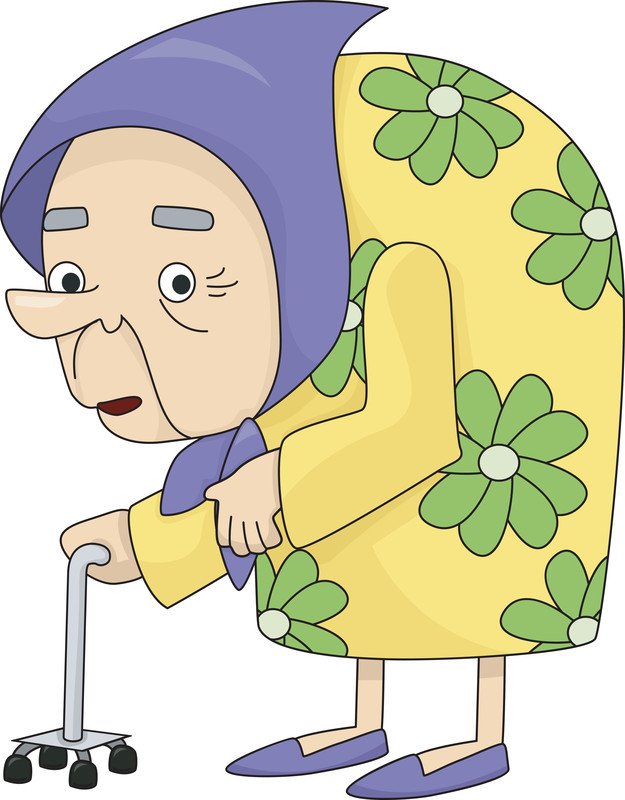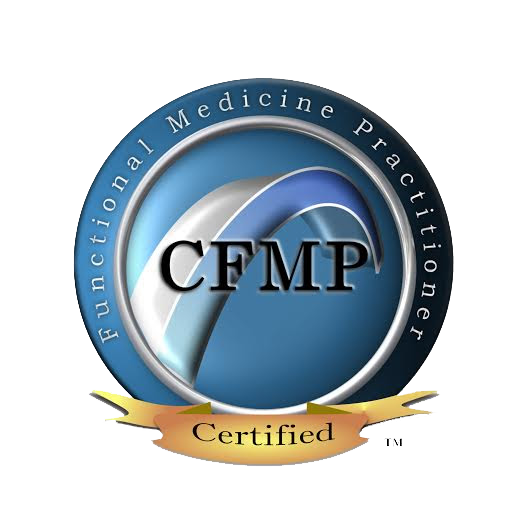
Would you believe that 50% of Americans over age 50, mostly women, have some level of osteoporosis, which leads to 1.5 million fractures a year?[1. https://www.ncbi.nlm.nih.gov/books/NBK45515] That’s just stupid crazy! Hey folks, we have a real problem here! As a functional medicine doc I ask WHY??? This is certainly not normal, and it hasn’t been this way in decades past. In this article, I want to share the best way to test for osteoporosis, cover some of the reasons I find for osteoporosis, and show you some of the best practices to prevent osteoporosis.
What is the best way to test for Osteoporosis?
The most common test for osteoporosis is a Bone Density Test. This is a fancy x-ray that shows how much bone is lost. This is an accurate measurement of what the status of the bone is at the instant the x-ray is taken over the bone x-rayed. However, this test does not tell how well bone is being built, or the rate at which it is being lost, or what is going on in bones that are not x-rayed.
So if a person has a normal bone density test it can be very misleading. What if the person with the normal bone density test is actually losing bone, but the amount of bone loss is not enough to show up on a scan, or the bone loss is not occurring at the scanned bone but it is at other locations?
Other Testing Options
What if there was a simple urine test that could tell whether a person was losing bone or not, and how fast they’re losing bone throughout their whole body, and without any radiation? Well there is! The Bone Resorption Assessment provides an accurate assessment of the rate of bone turnover. This test identifies individuals who are more likely to develop osteoporosis, makes possible therapeutic intervention before significant bone loss has occurred, and can monitor the effectiveness of treatment. It’s pretty cool!
If you’ve been diagnosed with osteoporosis or osteopenia you should have the bone resorption test. Find out if what you are doing to fix it is working or not.
If you don’t have osteoporosis and don’t want to be surprised someday with it, this test is for you. The bone resorption test will show whether there is a problem building bone far sooner than a bone scan can. It will give you a baseline to compare with down the road. An ideal time to screen with this test is anytime after turning 30, especially for ladies.
Why is Osteoporosis so common?
Heavy Metals
I have yet to test a patient 50 years or older for heavy metals and not found elevated levels of lead. Folks in their late 40’s and older lived through the time when lead was everywhere. Between leaded paint and gasoline these folks (including me) soaked up a lot of lead. Lead is stored in the bone and it will interfere with bone manufacturing.[2. http://www.healnatl.org/osteoporosis-lead-baby-boomers-time-gets-lead] If a person has enough lead in their skeleton, it’s going to make bone building much more difficult and osteoporosis more likely.
Read more: Can mercury fillings make you sick?
Vitamin D Deficiency
Unless you spend 30 mins a day in the sun with mostly bare skin and no sunscreen, you need to take vitamin D. If your body doesn’t have enough vitamin D it can’t absorb calcium.[3. https://www.ncbi.nlm.nih.gov/pubmed/22877429] If your body is deficient in calcium it can’t make bone. Guess what I find in all my patients who don’t take vitamin D? They’re low in vitamin D… every… single… one.
Minerals
I rarely find a patient who tests well for minerals: both macro minerals like calcium, magnesium and potassium, and micro minerals like zinc, selenium, copper and manganese. All of these minerals are important either directly or indirectly to building healthy bone.
Diets & Gi Tract
The standard American diet is just SAD. (That is supposed to be funny.) It’s so bad that the the acronym SAD is actually a real deal describing the Standard American Diet. This one is pretty simple. If you don’t feed the body what it needs to build bone, the bones will not be healthy.
One of the harmful consequences of a low fat diet (there are many) and the SAD is collagen deficiency. Bone has a lot of collagen in it. Generally people don’t consume enough collagen. Not having enough bone is one thing that will happen if a person doesn’t have sufficient collagen.
If the intestinal tract is not working correctly, absorption of all nutrients will suffer. If you suffer with intestinal symptoms ( heartburn, GERD, bloating, constipation, diarrhea, cramps, gas) take it seriously. Don’t cover up the symptoms with medication. Find out what’s wrong and fix it. If your digestive tract is not healthy, you will develop other problems…it’s just a matter of time.
Food allergies and sensitivities will interfere with absorption of nutrients and can trigger harmful immune reactions making harder to build bone. The most common culprit is gluten.
Exercise
Too much sittin’ and not enough exercise! If bone is not stressed it will be weak, even if you have all the nutrients needed. Look, if that’s you, let my kindly tell you that you will never be truly healthy without exercise.
Preventing Osteoporosis
Guess what? If you don’t want to end up being one of the 50% with weak bones you’ve gotta eat right! It’s pretty simple. Eating food that is not processed would be a great starting point. Cut out the sugar as much as you possibly can. Generally speaking, avoiding gluten is good advice for most people. Eat lots of vegetables every day. Eat bone broth, which contains collagen and minerals, often.
If you have any intestinal problems, don’t cover it up, figure out the problem and fix it! A good functional medicine doc can help you with that.
Get your vitamin D levels checked and take what you need to have healthy levels.
Get out there and shake your booty! Work it! Find the exercise that you will do and that won’t hurt you, and DO IT.
Get tested for heavy metals. The majority of the time heavy metal toxicity effects are very gradual. You can’t “feel” if you have a chronic elevated level of lead, mercury or cadmium, but they will contribute to many illnesses, including osteoporosis. A good functional medicine doctor can help you with that.
Finally, be proactive with your health. Don’t wait until you’re sick before you think about your lifestyle and what you eat. You will reap what you sow. You will reap more than you sow and later than you sow. If you want to have a healthy life, you will have to work at it. Invest in being healthy.
It’s never too late to start!



